Why Are Community-Based Organisations Needed?
Ubuntu Film Club
Ubuntu Film Club in conversation with Good Hair Day.
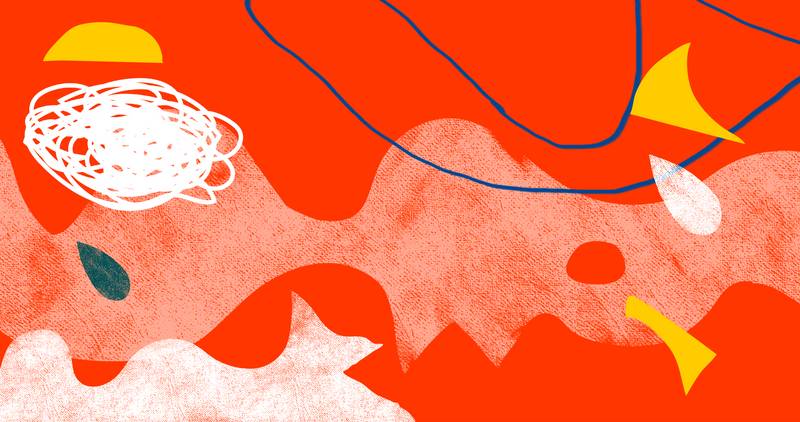

Ubuntu Film Club is a collective from Helsinki that organises monthly film screenings and panel discussions.
Ubuntu Film Club interviews Good Hair Day Collective
Ubuntu Film Club (Alice Mutoni, Rewina Teklai, Fiona Musanga) in conversation with Good Hair Day (Saida Mäki-Penttilä, Paloma Sandberg, Akunna Onwen) about why community-based organisations are needed?
Videography and Photos by Sam Boateng
Good Hair Day is an antiracist movement that works towards the wellbeing of AfroFinns. Good Hair Day is a collective, community and event celebrating AfroFinns & afro hair through hope and joy.
Sam Boateng was born and raised in Italy by Ghanaian parents, and is deeply connected to both African and Italian roots. Sam moved to Finland in 2016 to start a new chapter in his life and to challenge himself in a new way. He has two major passions: sharing love and happiness through food and through pictures and videos as a Photographer/ Videographer.
- Interview / 10.2023 / Masha Glazunova
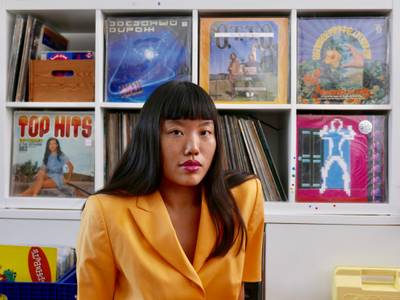

I felt we were living in a crisis within a crisis. I’m not very optimistic about the current systems that we’re living in and how much progress we are making in terms of getting out of this system. Still, the way that I deal with my disappointment and my despair is that I turn to music, underground art, and artist-activist communities.
READDancefloor is a Radicalising Kind of Moment: A Conversation with Ani Phoebe
- Interview / 11.2022 / Ali Akbar Mehta
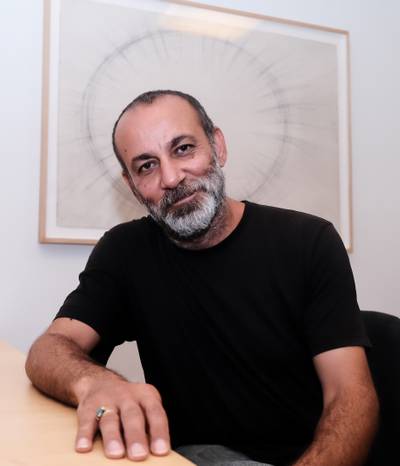

Hiwa is interested in research, participatory working, and collective action, but he is also interested in making it, for lack of a better word, fun. Previously written texts and press articles on Hiwa have called him an “extellectual”, someone who gains knowledge from ‘the streets’, through conversations and the exchange of books. Despite the risk of repeating pre-published information, I find it critically important for the sake of reading the following interview to point out that the qualities of humour and satire—to neither take oneself too seriously nor wallow in the miseries of the world—occupy a central position in Hiwa’s work.
READOn Recognising the Moment of Hope: Speaking in Echoes With Hiwa K.
- Interview / 09.2021 / Nimco Kulmiye Hussein
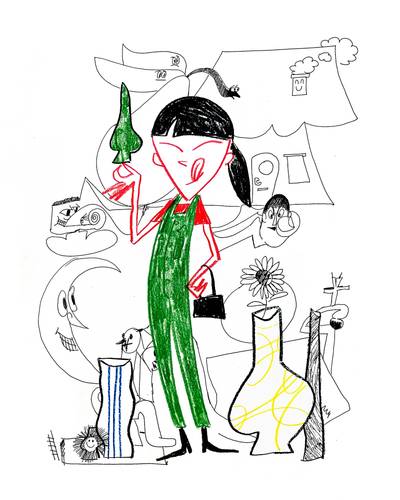

Craftsmanship that leaves a polished finishing and evocative historical notions hidden underneath the fine details. Man Yau’s work with ceramic installations arrests the viewer, while encouraging to revisit and contemplate the uncanny contemporaneity that the artworks embody. In this interview, we discuss artistic processes, practices and labour as well as the intertwining of the personal and the thematic in Yau’s two exhibitions from the spring 2021: M.Y. Chinoiserie at Kuvan Kevät, Exhibition Laboratory, and Dried flowers last forever at Boy Konsthall.
READOn “The Feeling of Being on Display and Under Pressure” — a Conversation With Man Yau
- Interview / 08.2023 / Adele Jarrar
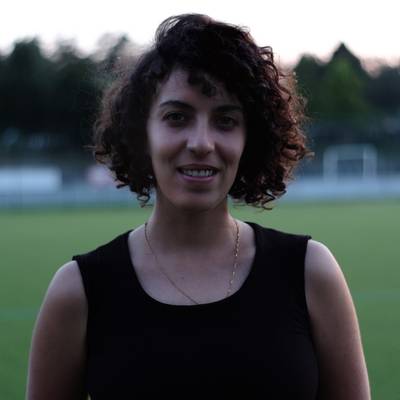

Can we turn folklore into a source of learning - a knowledge source that informs us about social struggles that otherwise go unnoticed by the powerful?
READ“For All Wars to Come”: An Interview with Noor Abed